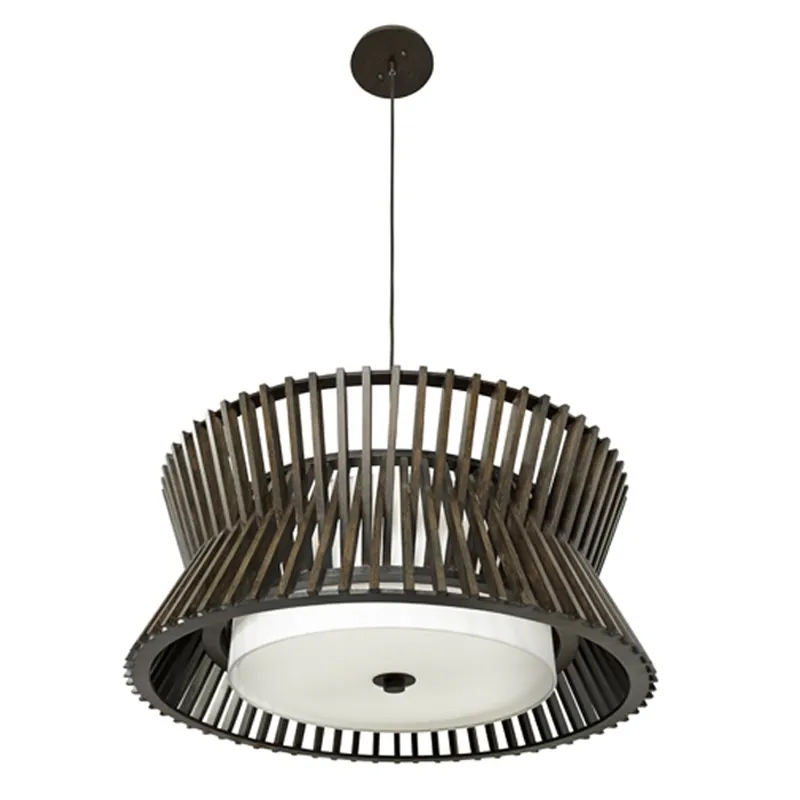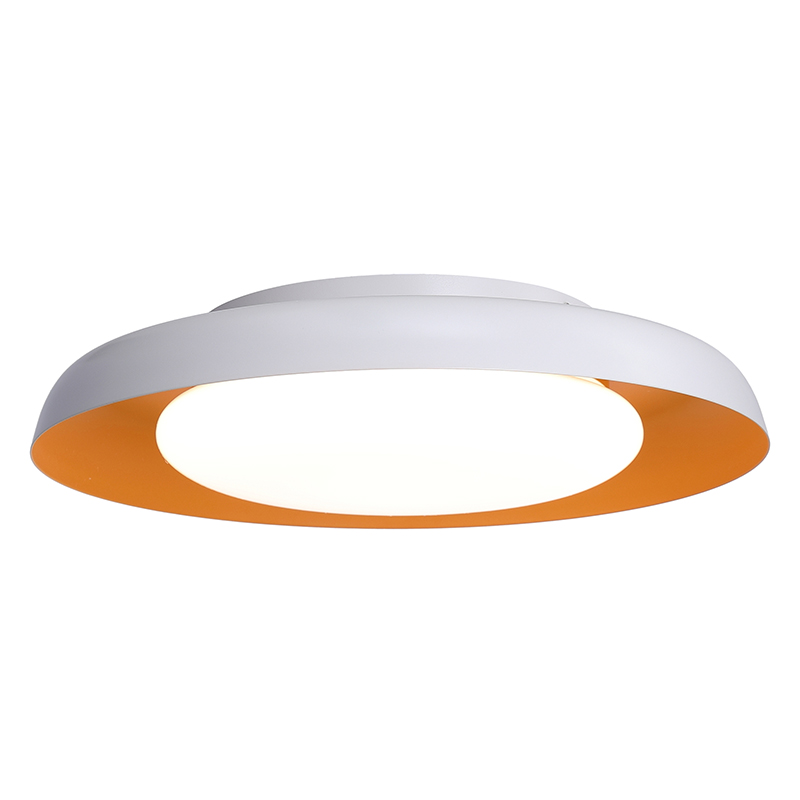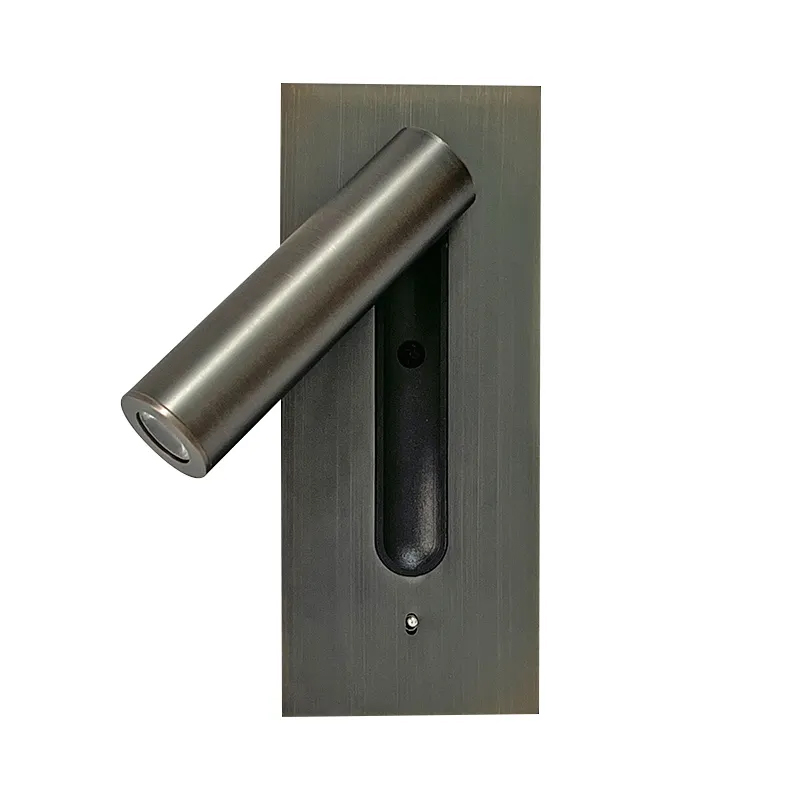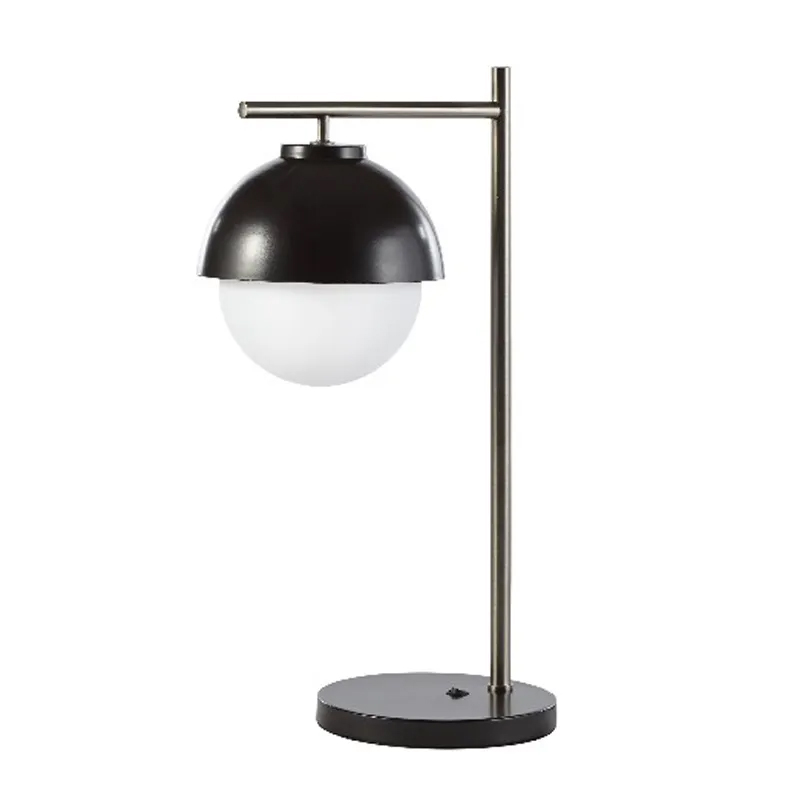Smart Lighting System is Committed to Create an Eco-energy Saving Hotel Model
A smart lighting system plays a pivotal role in establishing an eco-energy saving hotel model by leveraging advanced technologies to optimize energy usage, enhance guest experiences, and reduce the overall carbon footprint. Here's how such a system contributes to this goal:
1.Energy Efficiency: Smart lighting systems use LED bulbs that consume significantly less power compared to traditional incandescent or fluorescent lights. They also incorporate sensors and timers to ensure lights are only on when needed, further reducing energy waste.
2.Occupancy Sensors: These sensors detect when a room is occupied and automatically adjust the lighting accordingly. This feature prevents lights from being left on unintentionally, ensuring energy is not wasted in unoccupied spaces。
3.Daylight Harvesting: Smart systems can integrate with natural light sensors to adjust artificial lighting based on the availability of daylight. By maximizing the use of natural light during the day, the hotel can significantly cut down on electricity consumption for lighting.
4. Centralized Control & Monitoring: A centralized management system allows hotel staff to monitor and control all lighting remotely. This enables efficient operation, quick identification of faulty equipment, and the ability to implement energy-saving measures across the entire property.
5.Guest Customization: Smart lighting systems often offer guests the ability to personalize their room's lighting preferences through mobile apps or in-room tablets. This not only enhances the guest experience but also encourages responsible energy use as guests are more likely to turn off lights when they leave the room if they know it's part of a sustainable initiative.
6.Data Analytics: The system collects data on energy consumption patterns, which can be analyzed to identify areas for further improvement. This data-driven approach helps hotels continuously optimize their energy usage and set realistic targets for reduction.
7.Integration with Other Systems: Smart lighting can be integrated with other building management systems like heating, ventilation, and air conditioning (HVAC) to create a more comprehensive energy management strategy. For example, adjusting lighting levels can also signal the need for temperature adjustments, leading to even greater efficiency.
8.Longevity and Low Maintenance: LED lights have a longer lifespan than traditional bulbs, reducing the frequency of replacements and associated maintenance costs. Additionally, smart systems can diagnose issues before they become major problems, further extending the life of the lighting infrastructure.
By implementing a smart lighting system, hotels not only contribute to environmental sustainability but also benefit from cost savings on energy bills, improved operational efficiency, and enhanced guest satisfaction due to modern, tech-savvy amenities. This holistic approach aligns with the growing consumer demand for eco-friendly accommodations and positions the hotel as a leader in sustainable hospitality practices.








